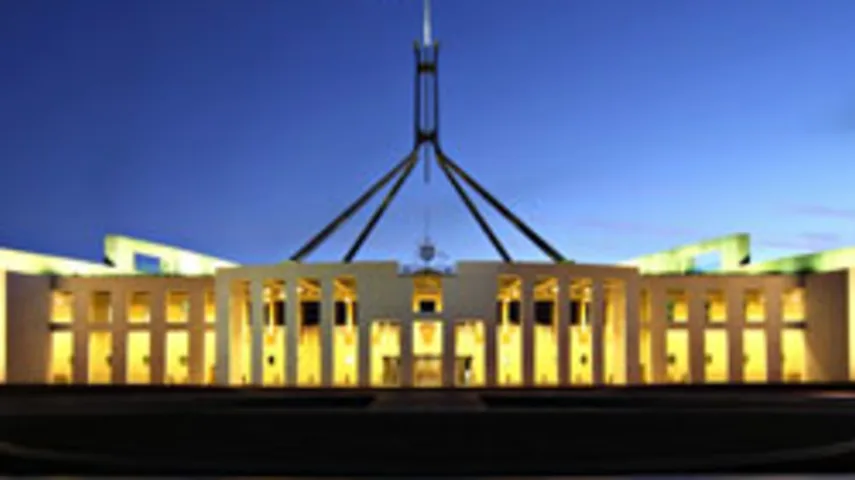Stop dumping regulatory costs on consumers: ASFA



The Association of Superannuation Funds of Australia (ASFA) has questioned government's "increasing tendency" to dump regulatory costs on Australian consumers.
It said it appeared government departments were increasingly looking to consumers to wear the brunt of costs.
Government also ignored the direct costs to those entities, according to ASFA, in a submission to the Department of Finance and Deregulation on the Government's cost recovery guidelines. It said further submissions had been raised in regards to Cost Recovery Impact Statements (CRIS) released by AUSTRAC.
It said levies were being put on the public with no supporting material for what public benefit the levy supplied.
"There has been an absence of proper acknowledgment of the direct cost that regulation has already imposed on those entities or due regard for whether the regulation provides a broader public good which is more appropriately funded from consolidated revenue," it said.
ASFA said any charges should reflect the costs of providing the service and should be implemented on a fee-for-service basis, and where required, a levy.
It also said it was important the guidelines did not advocate costs recovery where it was not cost-effective or where it would stifle competition.
ASFA said it was redundant for an agency to develop a Cost Recovery Impact Statement (CRIS) where it has already compiled a Regulation Impact Statement (RIS) that addresses cost recovery arrangements.
It said a compulsory agency review should be periodic, and at a minimum, every five years.
In a separate submission to Treasury, ASFA requested the Government review the term "lost" to describe disengaged or uncontactable members.
"For those members to be approached and told they are 'lost' causes confusion for the member and reputational damage to the fund," it said.
Recommended for you
Australia’s superannuation funds are becoming a defining force in shaping the nation’s capital markets, with the corporate watchdog warning that trustees now hold systemic importance on par with banks.
Payday super has passed Parliament, marking a major shift to combat unpaid entitlements and strengthen retirement outcomes for millions of workers.
The central bank has announced the official cash rate decision for its November monetary policy meeting.
Australia’s maturing superannuation system delivers higher balances, fewer duplicate accounts and growing female asset share, but gaps and adequacy challenges remain.










